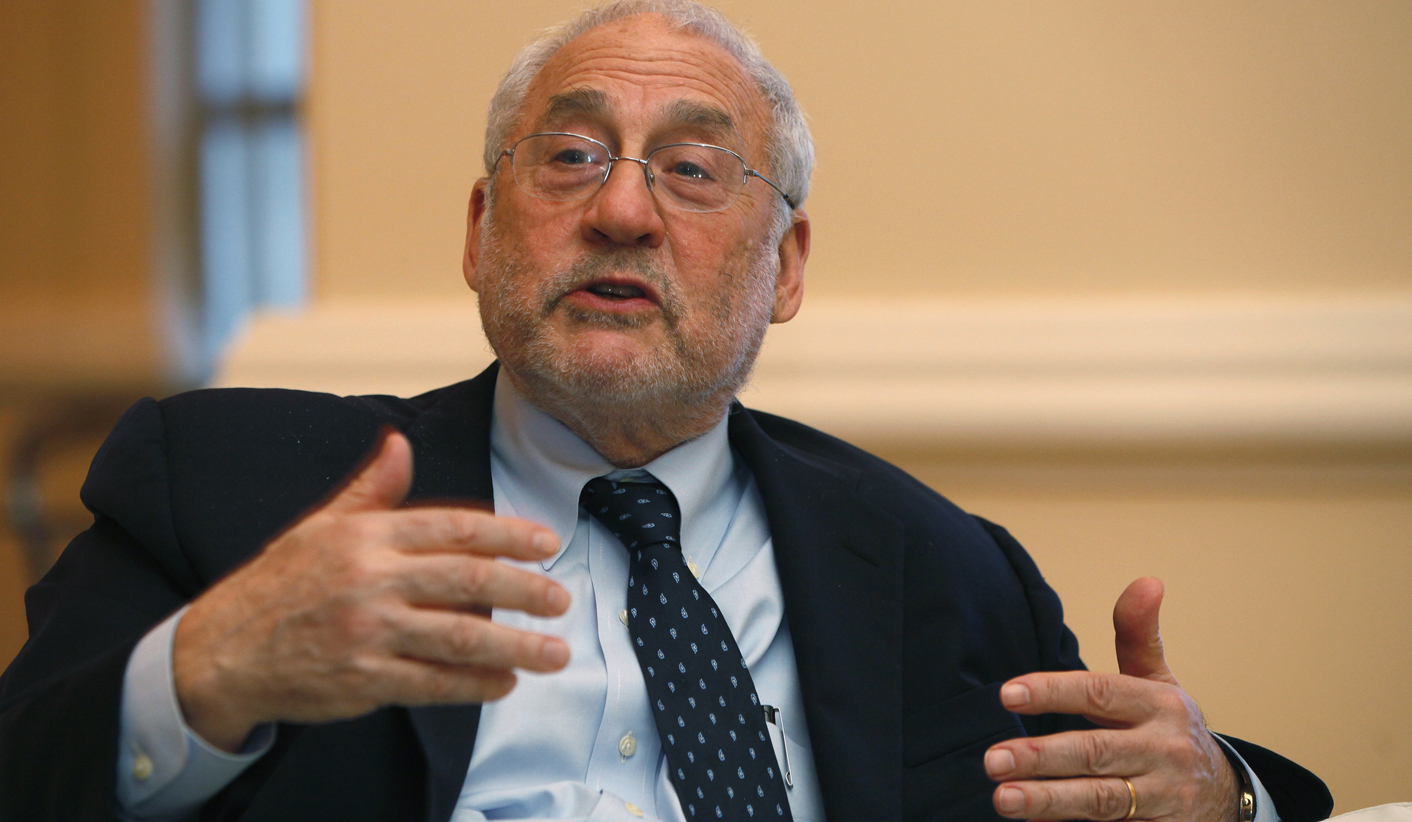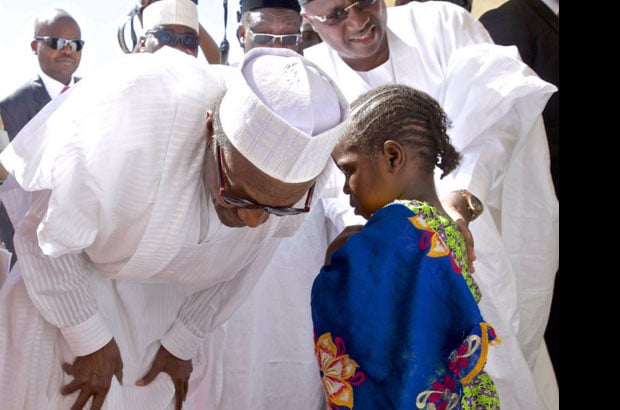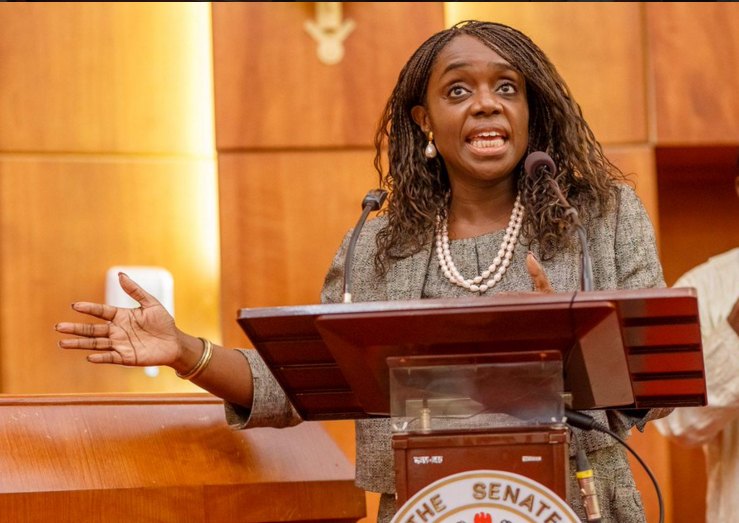Joseph E. Stiglitz, Nobel laureate in economic sciences and professor at the Columbia University, has backed the imposition of capital controls by developing economies to stem the outflow of foreign investment.
Foreign portfolio investors in Nigeria moved out the equivalent of N2.2 trillion in 2015, leading to a depression of the capital market and a massive draw down on the external reserves.
President Muhammadu Buhari has introduced certain aspects of capital control to protect the reserves and stem the demand for forex for importation, but he has faced stern criticism home and abroad over his policy.
Writing an opinion for Project Syndicate, Stiglitz cited the example of Malaysia during the 1997 Asian financial crisis to back his proposal, which is similar to what some thinkers at the International Monetary Fund (IMF) proposed recently.
Advertisement
He wrote: “In some cases, it may be necessary to introduce selective, targeted, and time-bound capital controls to stem outflows, especially outflows through banking channels. This would entail, for example, restricting capital transfers between parent banks in developed countries and their subsidiaries or branches in developing countries.
“Following the successful Malaysian example in 1997, developing countries could also temporarily suspend all capital withdrawals to stabilize capital flows and exchange rates. This is perhaps the only recourse for many developing countries to avoid a catastrophic financial crisis. It is important that they act soon.”
Stiglitz said falling commodity prices is not the only real worry of the world right not but “massive capital outflows”.
Advertisement
“During 2009-2014, developing countries collectively received a net capital inflow of $2.2 trillion, partly owing to quantitative easing in advanced economies, which pushed interest rates there to near zero,” he wrote.
“The search for higher yields drove investors and speculators to developing countries, where the inflows increased leverage, propped up equity prices, and in some cases supported a commodity price boom. Market capitalization in the Mumbai, Johannesburg, São Paulo, and Shanghai stock exchanges, for example, nearly tripled in the years following the financial crisis. Equity markets in other developing countries also witnessed similar dramatic increases during this period.
“But the capital flows are now reversing, turning negative for the first time since 2006, with net outflows from developing countries in 2015 exceeding $600 billion – more than one-quarter of the inflows they received during the previous six years. The largest outflows have been through banking channels, with international banks reducing their gross credit exposures to developing countries by more than $800 billion in 2015.
“Capital outflows of this magnitude are likely to have myriad effects: drying up liquidity, increasing the costs of borrowing and debt service, weakening currencies, depleting reserves, and leading to decreases in equity and other asset prices. There will be large knock-on effects on the real economy, including severe damage to developing countries’ growth prospects.”
Advertisement
2 comments








This goes out to all the blind free-market crusaders out there.
Your comment..
I hope our local experts are reading this. No country ever leave its economy to only market forces. There must be some level of control.